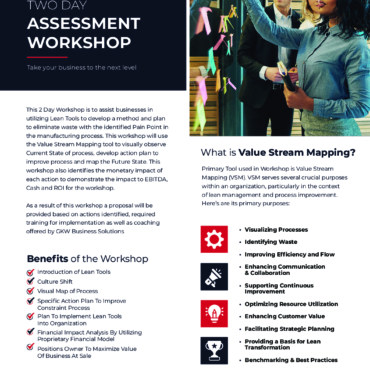There are many business owners that are considering the sale of their business but are unsure as to what is involved and most importantly unsure as to how to maximize the value of the business. This process is called Exit Planning and requires engagement of key professionals to sell your business and get the return you are looking for.
Below is a list of actions to get started:
Exit planning for a business owner involves various detailed steps and considerations to ensure a successful transition out of the business. Here are the key details and steps involved in the exit planning process:
- Determine Exit Objectives:
- Clearly define your personal and financial objectives for exiting the business. Do you want to maximize the sale price, ensure the business continues under new ownership, or provide for your retirement?
- Financial Preparation:
- Assess your current financial situation and determine how much you need from the sale of the business to achieve your financial goals.
- Business Valuation:
- Conduct a thorough business valuation to understand its current worth. This involves assessing tangible and intangible assets, financials, and future earnings potential.
- Identify Potential Buyers or Successors:
- Consider who the potential buyers or successors might be, whether they are family members, key employees, competitors, or external buyers.
- Improve Business Value:
- Enhance the value of your business by addressing any operational inefficiencies, optimizing financial performance, and implementing growth strategies.
- Tax Planning:
- Work with tax professionals to minimize the tax implications of the sale. This includes considering options like capital gains tax, estate tax, and gift tax.
- Legal Due Diligence:
- Ensure all legal documents are in order, such as contracts, leases, licenses, and intellectual property rights.
- Financial Due Diligence:
- Maintain meticulous financial records and ensure transparency during the due diligence process.
- Exit Strategy Development:
- Develop a detailed exit plan that includes a timeline for the transition, sale or transfer terms, your role post-exit, and a contingency plan.
- Employee and Customer Transition:
- Develop strategies to retain key employees and customers throughout the transition process to ensure business continuity.
- Protection of Intellectual Property:
- Ensure the protection of any intellectual property or proprietary assets owned by the business.
- Risk Management:
- Address potential risks or liabilities that may impact the sale or transition, such as pending litigation or unresolved disputes.
- Pre-Sale Marketing:
- If selling to an external buyer, consider a marketing strategy to attract potential buyers.
- Negotiation and Deal Structuring:
- Work with your advisors to negotiate the terms of the sale, taking into account factors like price, payment structure, and non-compete agreements.
- Post-Exit Planning:
- Plan how you will manage your financial assets, investments, and retirement after the exit.
- Execution:
- Once the plan is in place, execute it according to the defined timeline. This may involve closing the sale or transition.
- Transition Management:
- Ensure a smooth transition, which may involve training the new owner or successor and facilitating a seamless handover of responsibilities.
- Evaluation and Adjustment:
- After exiting, evaluate the process to identify what went well and what could have been improved. Use this feedback for future reference.
- Estate Planning:
- If applicable, make sure your estate planning is in order, including the distribution of assets to heirs or beneficiaries.
- Legal and Financial Advisors:
- Work closely with a team of professionals, including attorneys, accountants, financial advisors, and business consultants who specialize in exit planning.
Remember that exit planning is a complex and lengthy process, and each step requires careful consideration. It’s essential to engage professionals who can provide guidance, expertise, and support throughout the journey to ensure a successful exit from your business.
GKW Business Solutions is working with organizations like yours to maximize EBITDA generated by the Manufacturing Process. We are currently offering for a limited time a RISK FREE-NO COST Business Assessment that may be helpful in identifying how best to engage and drive EBITDA in your organization. Contact us to have a discussion on how we may be able to assist.




